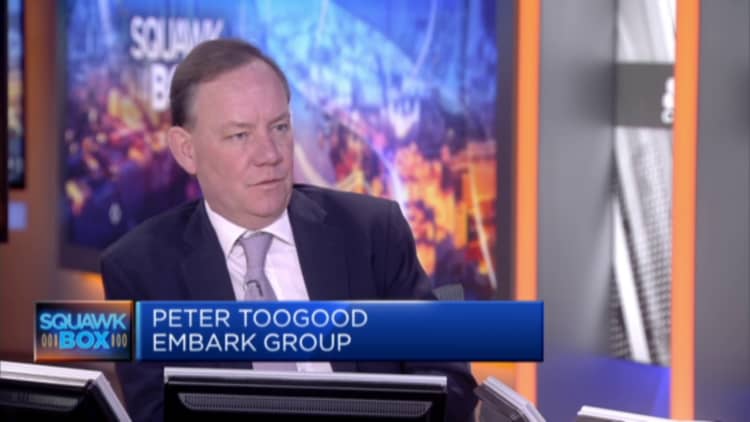Asia-Pacific shares traded lower, taking the lead from losses on Wall Street ahead of the release of some economic data in the region.
Core consumer prices in Japan rose 3.7% in November on an annualized basis, marking the fastest pace since December 1981. The Nikkei 225 fell 1.03% to close at 26,235.25 while the Topix shed 0.54% to 1,897.94. The Japanese yen stood at 132.5 against the U.S. dollar, around the strongest levels it's seen in four months.
Hong Kong's Hang Seng index dropped 0.3% in its final hour of trade as investors digest China's longer-than-expected reopening path. The Shanghai Composite fell 0.28% to 3,045.87 and the Shenzhen Component also lost 0.25% to close at 10,849.63.
Australia's S&P/ASX 200 closed down 0.252% at 7,107.7 and South Korea's Kospi also fell 1.83% to 2,313.69.


